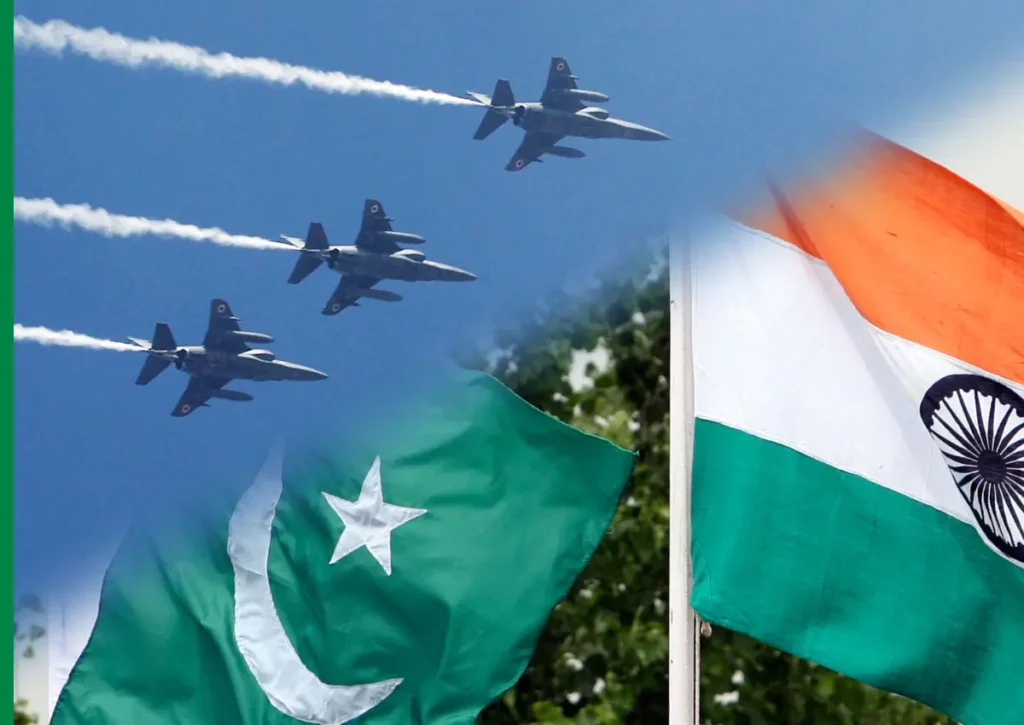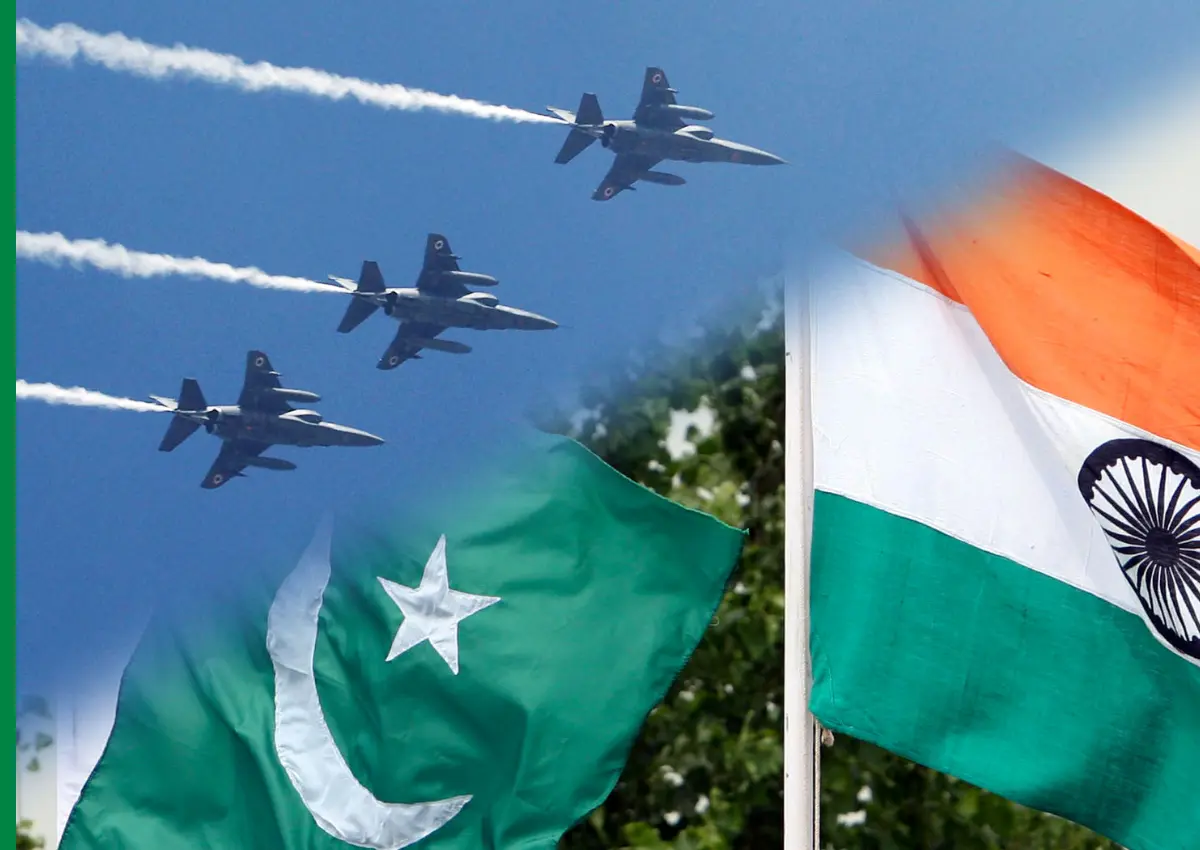New Delhi: The Indian military has today declared victory after “repulsing” several drone attacks originating from the western border shared with Pakistan, representing the third night in a row of deadly escalations between the two nuclear-armed neighbors. Air raid sirens reverberated through several Indian cities and the people of Jammu were hearing explosions all through the night.
Pakistani officials have categorically rejected putting out drone attacks. In a statement released to the international media, a Pakistani minister stated that the country has not yet responded to the previous strikes by India, stating that, “When Pakistan responds, then we will not deny our action”.

Firecracker exchanges between the two sides continued across the Line of Control (LoC) in the disputed Kashmir region, with one accusing the other of ceasefire violation. According to India, Pakistan has been violating the 2021 ceasefire deal regularly, while Pakistan says that its shells were directed toward the Indian military installations, allegedly having caused “40-50” Indian soldiers’ casualties following the pre-dawn attacks of India on Wednesday.
“The situation along the LoC is extremely volatile, with the lives of the people on either side being in danger immediately,” a regional security analyst who has asked for anonymity because of the sensitivity of the situation said.
The recent military escalation is rooted in last month’s terror attack, which mainly targeted Hindu tourists in Kashmir and cost many lives. Indian authorities have blamed the attack on Pakistan-based militant groups, an accusation Islamabad refuses point-blank.
In the past week alone, tensions have been rising quickly after the initial terror attack on Hindu tourists, with India accusing Pakistan of involvement (while Pakistan denies it), leading to pre-dawn strikes by India on the morning of Wednesday, then Pakistan’s shelling of Indian military installations, and now these latest reported drone attacks that India says it has repelled.
The international community has expressed grave concern over the deteriorating situation, with several countries urging both India and Pakistan to exercise maximum restraint. Representatives from major powers have initiated diplomatic efforts to de-escalate tensions between the nuclear-armed neighbors.
“The risk of miscalculation between these two nuclear powers cannot be overstated,” said a UN spokesperson. “We call on both sides to engage in immediate dialogue and avoid further military actions that could lead to unintended consequences.”
In the border regions, the hostilities being experienced have devastated civilian life. Several thousand villagers have been evacuated from villages near the LoC, and most have found shelter in temporary camps set up by both sides. Schools and businesses continue to be shut indefinitely in border areas, air transport has ceased with flights redirected away from Pakistani airspace, high-security interventions have been conducted across all major cities, and a military buildup is evident all along the entire shared 3300km of the border.
The rising tensions have sent shockwaves through financial markets in all of South Asia. Both Indian and Pakistani stock exchanges had massive losses in early trade while concerns were raised over regional stability by international speculators. Economic analysts, however, forecast great adverse effects on trade, tourism and foreign adventure if the conflict continues to spiral.
Now specialists in the area of security are discussing multiple possible scenarios for the development of the situation. International pressure might compel both sides to the conference table to come to a diplomatic standoff. Alternatively, restricted military exchanges may continue, with the strikes being targeted, and not escalate to become an all-out war. The scariest possibility still is that of more escalating and deeper military confrontation if there are no diplomatic efforts.
The next few days will play a pivotal role in knowing if the crisis is contained or gets worse. Both countries have amped up more military resources in border regions, leading to concerns of miscalculation.



